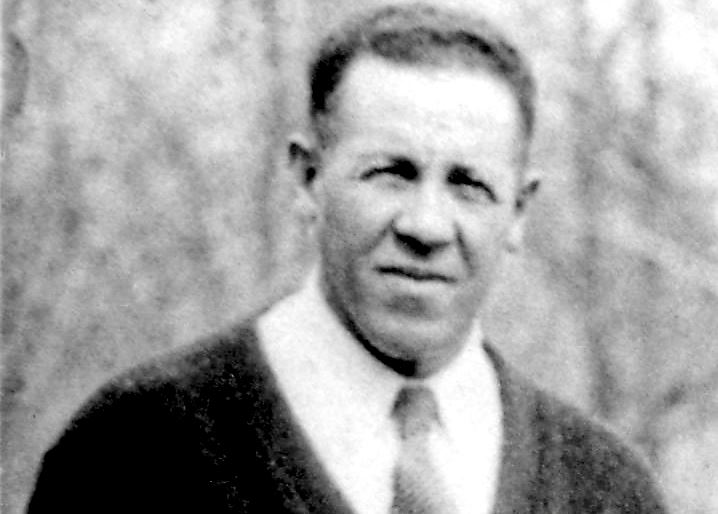Baseball’s Secret Pioneer
Slate
2014-02-04
Peter Morris, Baseball Historian
Haslett, Michigan
Stefan Fatsis, Sports Writer
William Edward White, the first black player in major-league history, lived his life as a white man.
On June 22, 1937, Joe Louis knocked out James Braddock with a right to the jaw to become the world heavyweight champion. At a time when Major League Baseball was still a decade from integration, Louis’ victory in Chicago’s Comiskey Park was a triumph for black America, and for racial progress. “What my father did was enable white America to think of him as an American, not as a black,” Joe Louis Jr. told ESPN in 1999. “By winning, he became white America’s first black hero.”
Three months before the fight, another notable moment involving race and sports occurred in the same city: the death of a 76-year-old man named William Edward White, of blood poisoning after a slip on an icy sidewalk and a broken arm. Fifty-eight years earlier, White played a single game for the Providence Grays of baseball’s National League to become, as best as can be determined, the first African-American player in big-league history. Unlike Louis’ knockout, though, White’s death merited no coverage in the local or national press. A clue as to why can be found in cursive handwriting in box No. 4 on White’s death certificate, which is labeled COLOR OR RACE. The box reads: “White.”
William Edward White was born in 1860 to a Georgia businessman and one of his slaves, who herself was of mixed race. That made White, legally, black and a slave. But his death certificate and other information indicate that White spent his adult life passing as a white man. Since the 1879 game was unearthed a decade ago, questions about White’s race have clouded his legacy. If he didn’t want other people to think of him as black, did he actually break the sports world’s most infamous racial barrier? Or is the reality of his racial heritage, and the difficult personal issues it no doubt forced him to confront, enough to qualify him as a pioneer? Should William Edward White be recognized during Black History Month alongside Joe Louis and Jackie Robinson and other groundbreaking African-Americans?
These are complicated questions. Allyson Hobbs, an assistant professor of American history at Stanford, says the practice of “racial passing” in America dates at least to runaway slaves in the 1700s. Slaves, she says, often attempted to pass as white to gain their freedom but then lived out their lives as black. By the Jim Crow era, when William White came of age, the social and economic advantages of living as white—and the disadvantages of living as black—were so profound that people who could successfully pass did so and never looked back.
“People who passed did not want to leave a trace,” says Hobbs, whose book A Chosen Exile: A History of Racial Passing in American Life will be published by Harvard University Press in the fall. “They did not want to leave records, they did not want to have anyone find them, to discover that they were passing. It’s very difficult to get a well-rounded image of these people’s lives, and that’s by their design. It’s a hidden history, and it’s one that can be very frustrating because there is often so little data available about these people.”…
Read the entire article here.




